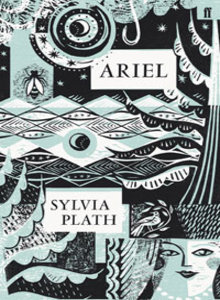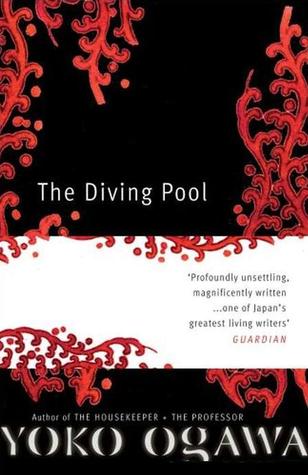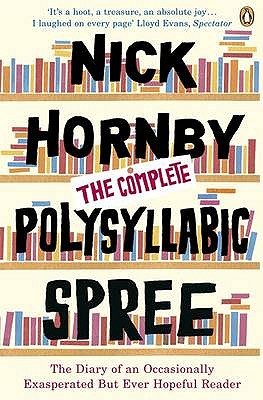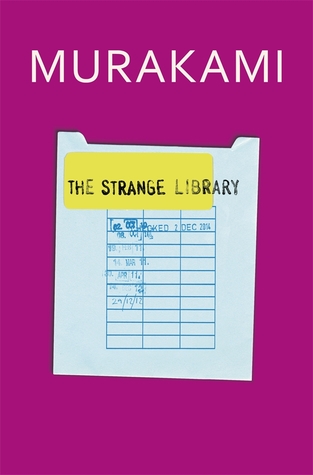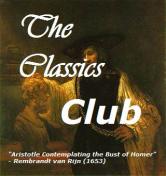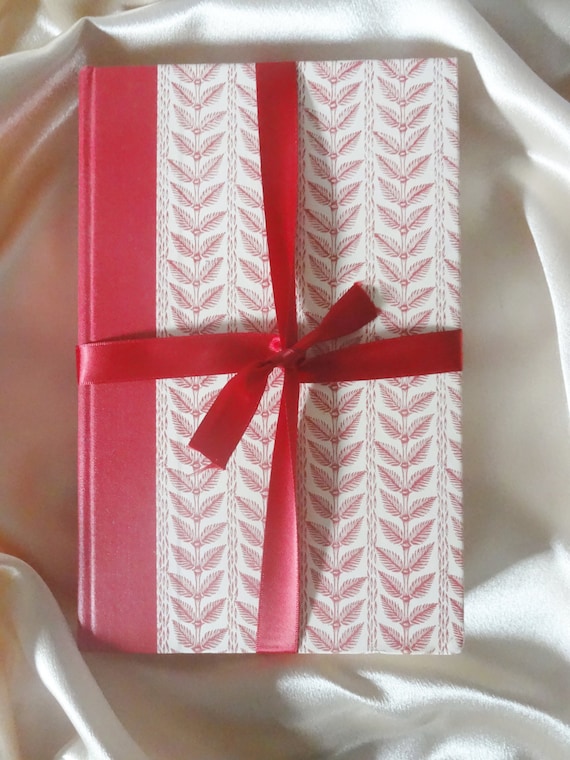I'm still reading books more quickly than I can review them, which is a shame as both of these titles deserve full reviews. First up is Ann Patchett's State of Wonder, which I've been meaning to read since it was short-listed for the Orange Prize in 2012. The story opens with Marina, a pharmacologist for a large drugs company, learning about the death of her colleague Anders in the Amazon rainforest. Anders was checking up on the progress of the mysterious Dr Swenson, who had claimed to find a tribe where the women bear children right up until their death, and who was developing a drug to enable Western women to do the same. Marina is given the task of finding out what happened to Anders, and of completing his assignment, and Patchett follows her into the rainforest, where she doesn't find what she is expecting to.
Patchett touches on a lot of big themes in State of Wonder, including race, colonisation, research ethics, the agendas of pharmaceutical companies and the decision of when to have children. However, she also combines this with a fast paced and interesting plot, which is surely the best of both worlds. I enjoyed the character of Dr Swenson, who was full of contradictions, and Marina's personal growth was well done. Patchett's writing was lovely too, especially in the section where Marina has to inform Anders' wife of his death. My only complaint is that the final section moved way too quickly, with too many plot points resolving themselves in a way that seemed a bit too coincidental to be true. Reading State of Wonder was an enjoyable experience and I'm looking forward to picking up Bel Canto now. 4 out of 5.
Next I picked up an essay collection from the library. Where I'm Reading From was a random pick from the shelves; I'd never heard of Parks before but I'm always susceptible to books about books (and pretty covers), so I was keen to give this one a go. Where I'm Reading From contains 37 essays divided into four sections, covering world literature, bookish issues, being a writer and translated fiction. Inevitably, I enjoyed some essays more than others. For example, I enjoyed Parks' thoughts on e-books, that in a sense they are a truer reading experience as you get the text of the book without the distractions of covers or publisher decisions, and there isn't the impulse to acquire them as they look good on your shelves, or because they make you look 'well read'. It's not an opinion I agree with, as I think there is more to physical books than Parks gives them credit for, but it was still interesting to read.
One of Parks' main arguments throughout the collection is that 'world literature' is leading to everything becoming too similar, with the variety of local experiences being lost. He quotes authors who make decisions based on the fact that their work will be translated into English, if they aren't writing in English themselves. Characters with complicated names are avoided, and local customs are either left out completely or over-explained. Authors paint a picture of their country that they think will satisfy the West, as so much emphasis is now placed on global sales and translation rights as a mark of author status. Parks argues that this means that lots of the variety and richness of fiction rooted in a particular culture is being lost. Again, I'm not sure that I agree, but it's something I had never thought about before.
Whilst Where I'm Reading From was definitely thought provoking, I found it too repetitive. Lots of the essays basically say the same thing, just from a slightly different angle, and this made the collection feel over-long. I enjoyed mentally debating with Parks, but think Where I'm Reading From would have been a lot stronger if it was shorter. 3 out of 5.






